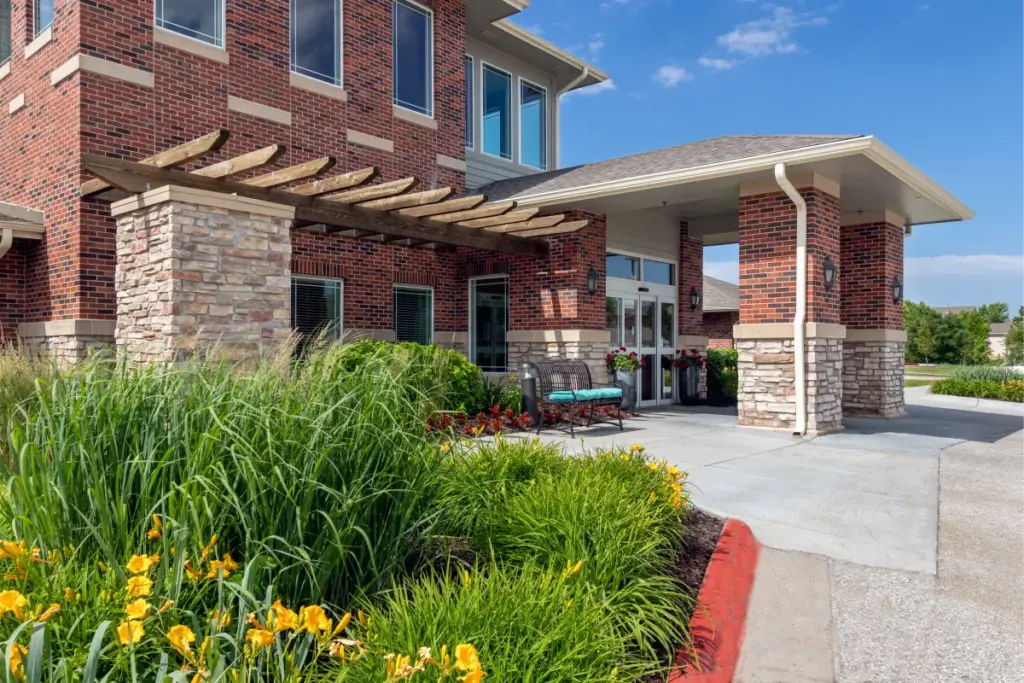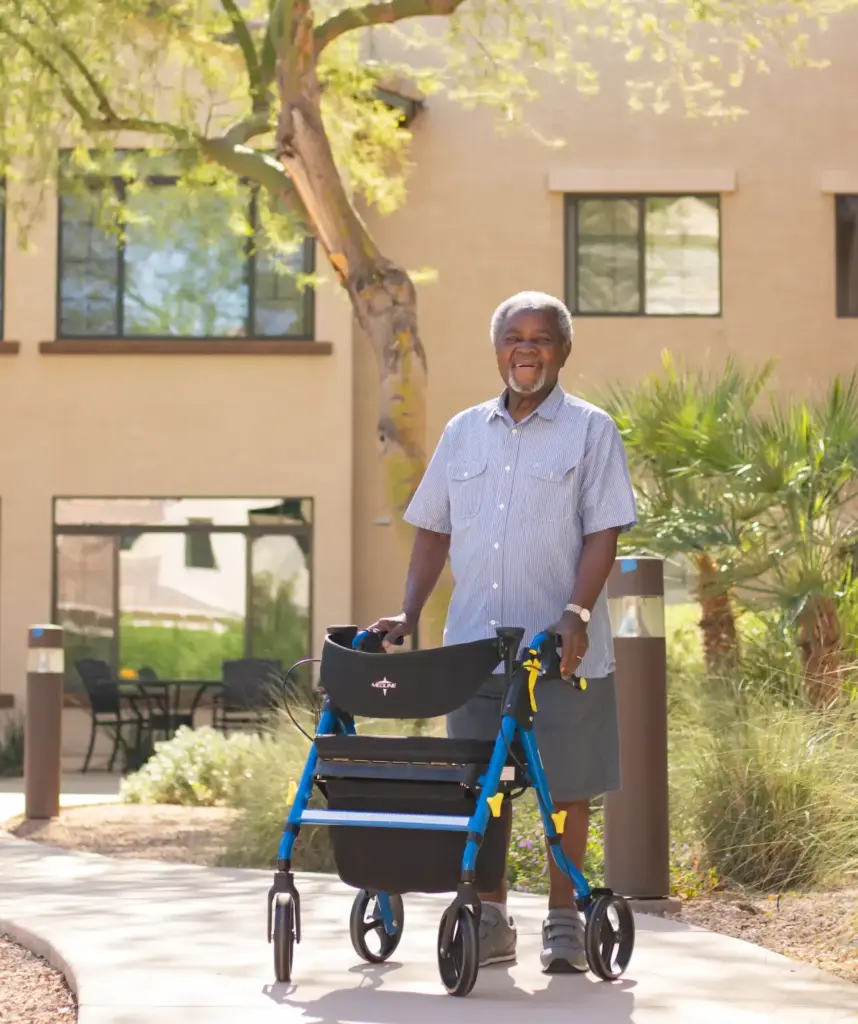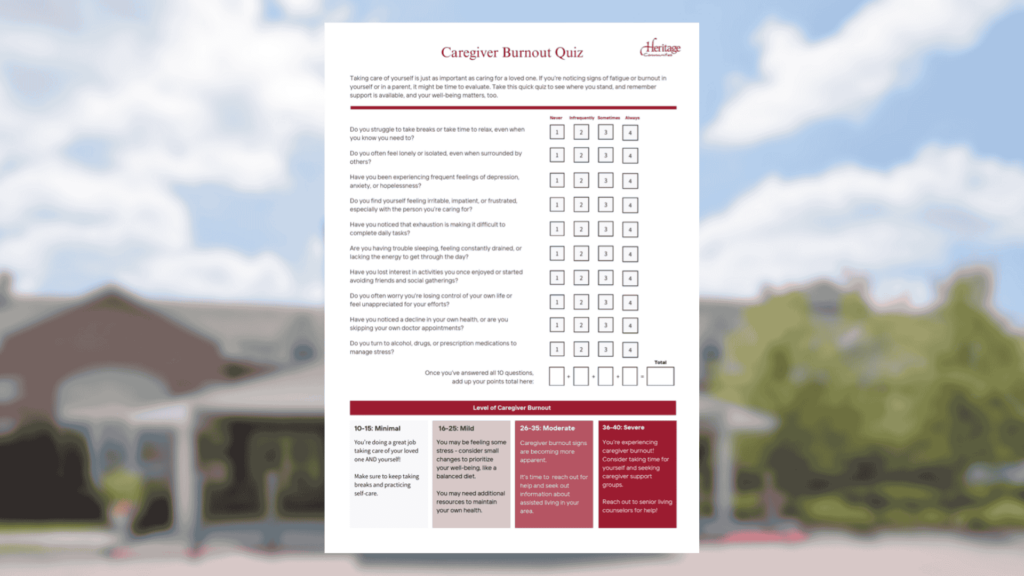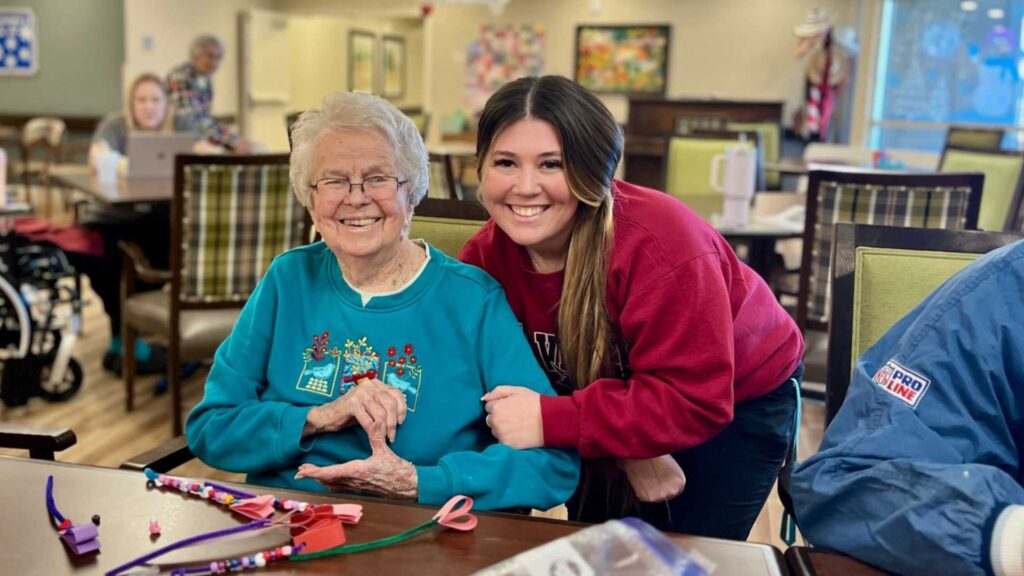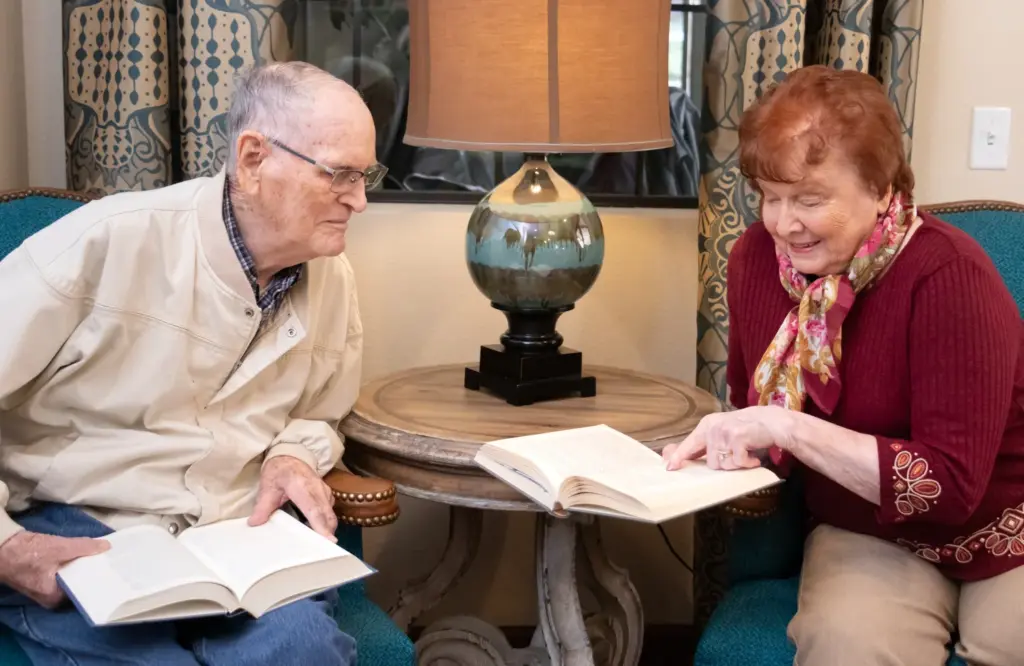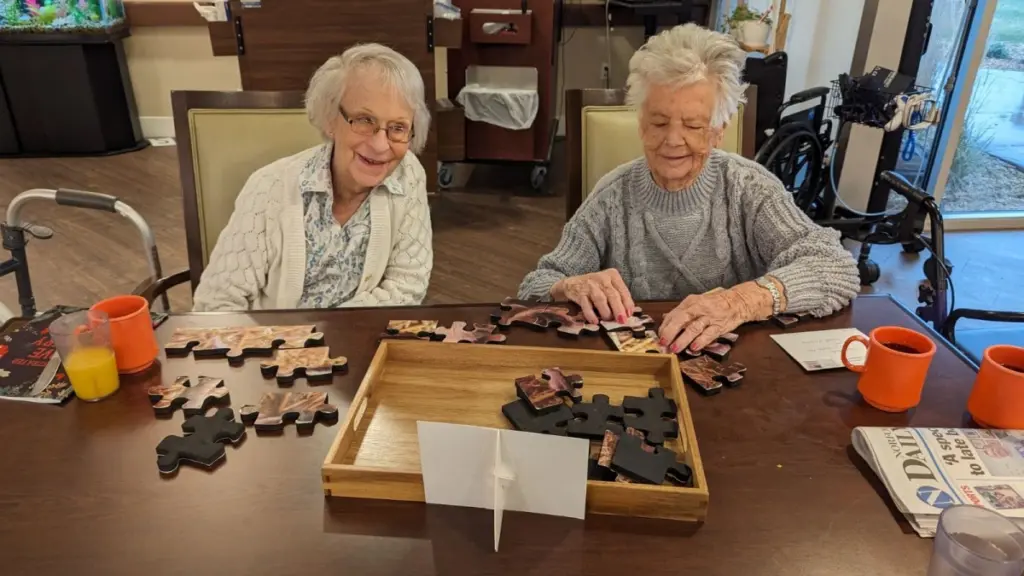The Benefits of Memory Care for Those with Dementia
When an aging loved one has Alzheimer’s disease or another type of dementia, it’s important to create a plan of care that meets their needs both now and into the future. Primary care doctors often suggest that families begin exploring in-home care options and benefits of memory care programs even before they are ready to...

When an aging loved one has Alzheimer’s disease or another type of dementia, it’s important to create a plan of care that meets their needs both now and into the future. Primary care doctors often suggest that families begin exploring in-home care options and benefits of memory care programs even before they are ready to utilize one, so they can avoid making a decision in a moment of crisis.
For many, the terminology associated with memory care is unfamiliar, as are the benefits. Here, we will explore what a memory care program is, the benefits of memory care, and how it differs from a traditional assisted living community.
What Is Memory Care?
Memory care is a type of assisted living or long-term setting designed to meet the unique needs of people who have Alzheimer’s disease or another form of dementia. While these options are often found on continuing care campuses, they can also be standalone communities dedicated to adults with cognitive impairment.
A traditional assisted living community is designed to provide support for personal care and activities of daily living. Those activities usually include:
- medication reminders
- housekeeping
- bathing assistance
- meal preparation
While a memory care program provides all the same support, it does so in a secure environment. In these memory care communities, the focus is on safety and quality of life for people with memory loss.
Benefits of Memory Care
A few of the benefits of memory care for adults with dementia include:
- Specialized caregivers: Caregivers who work with memory care residents undergo special training to learn the best way to communicate with and support adults who have a memory impairment. They learn how to spot potential problems and intervene early. The staff in a memory care program also learn how to deescalate situations and manage behaviors, such as wandering and aggression.
- Physician oversight: We work alongside each resident’s family and physician as a team approach. The team works together to create an individual support plan for each resident. The plan incorporates the resident’s current needs as well as a forecast for the weeks and months ahead.
- Dedicated dining: Mealtimes can be a challenge when a senior loved one has dementia. A loss of hand-eye coordination makes manipulating utensils tough for many. Vision changes create difficulty distinguishing food on the plate. And one of the biggest struggles can be keeping the older adult’s attention focused on eating. A noisy dining room or cluttered dining space might result in the senior leaving the table after only a few minutes. It can lead to poor nutrition and weight loss. Memory care dining programs work around these situations to create a mealtime that supports success and encourages good nutrition.
- Quality of life: Another benefit of memory care is the daily life enrichment activities and recreation therapy programs. Each day is designed to allow residents with memory loss to feel productive and successful. The daily activities calendar often includes art workshops, visits from pets, music therapy, repetitive tasks known to soothe agitation, and physical activity to help improve sleep. Many memory care programs also have a secure outdoor area for residents to safely participate in activities such as nature walks, bird watching, or gardening in raised beds.
- Family support: Alzheimer’s and other forms of dementia not only impact the senior’s life but the entire family too. That’s why memory care communities often host support group meetings for families. Some even offer one-on-one meetings with a community social worker or team leader. These programs give families an avenue for voicing their fears, sadness, and frustration.
Memory Care at Heritage Communities
If a senior in your family has been diagnosed with dementia, and you are searching for memory care in Nebraska, Iowa, Arizona, or Texas, we invite you to visit a Heritage Communities location near you. Our memory care neighborhoods are secure and comfortable. With 24-hour programming, it’s an environment that allows residents to live their best quality of life. Call today to schedule your personal tour!

